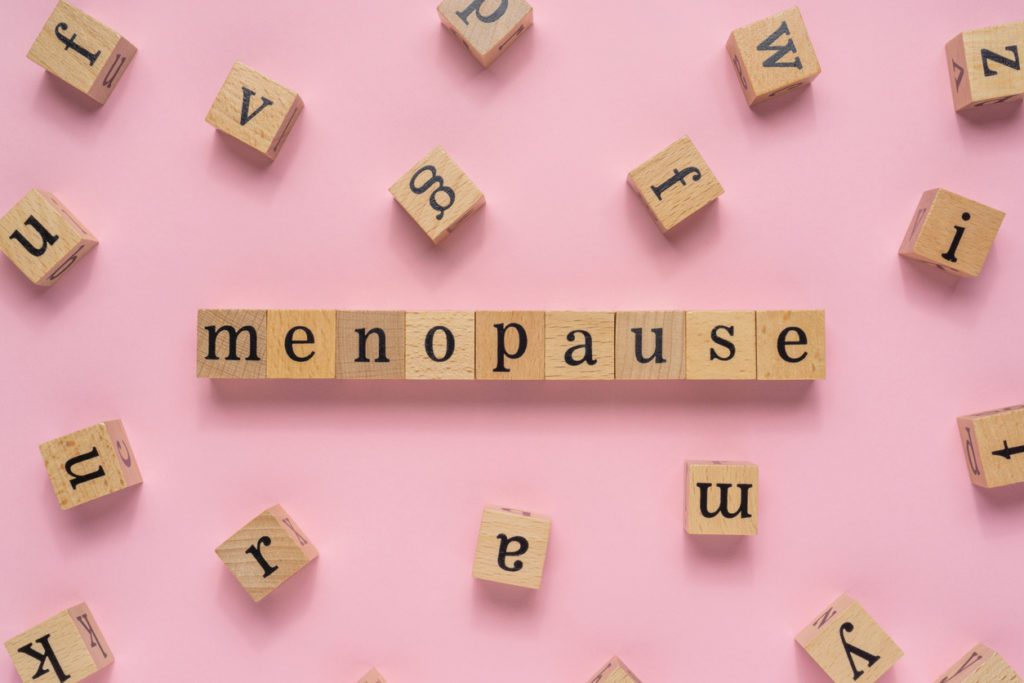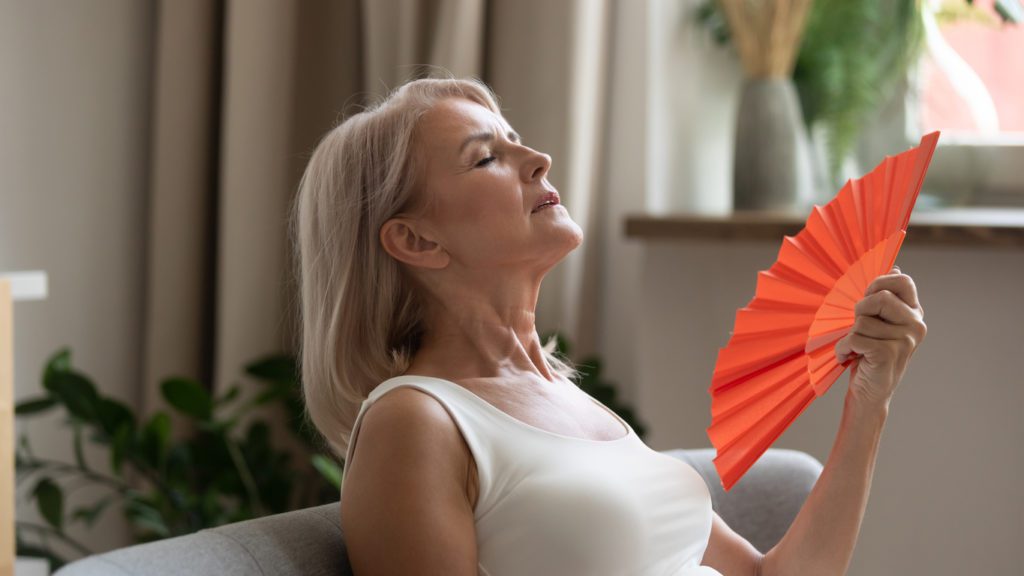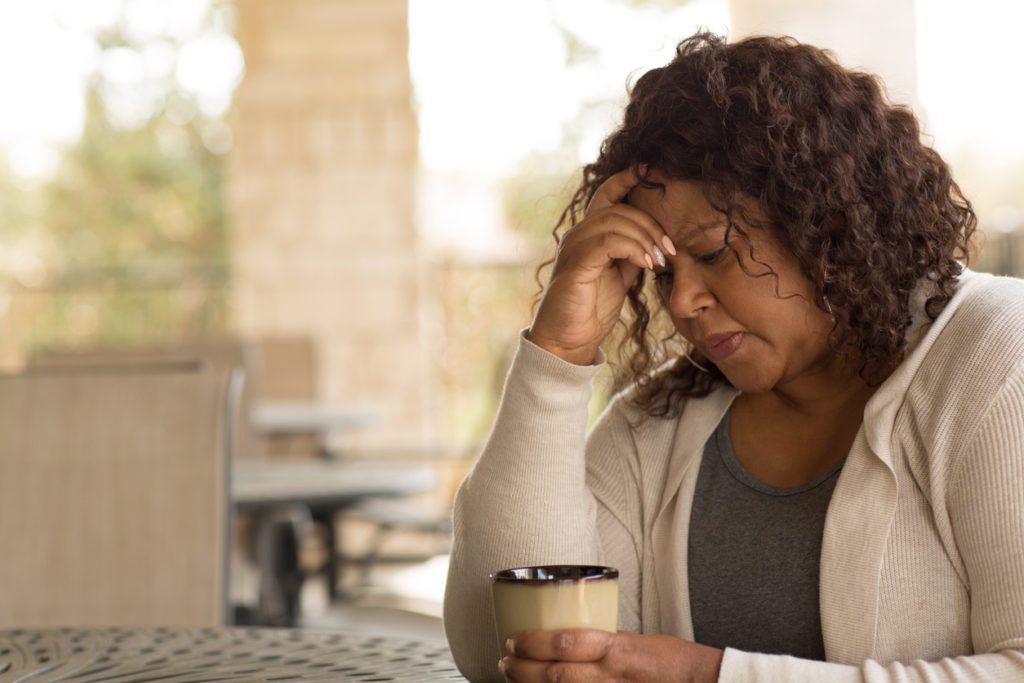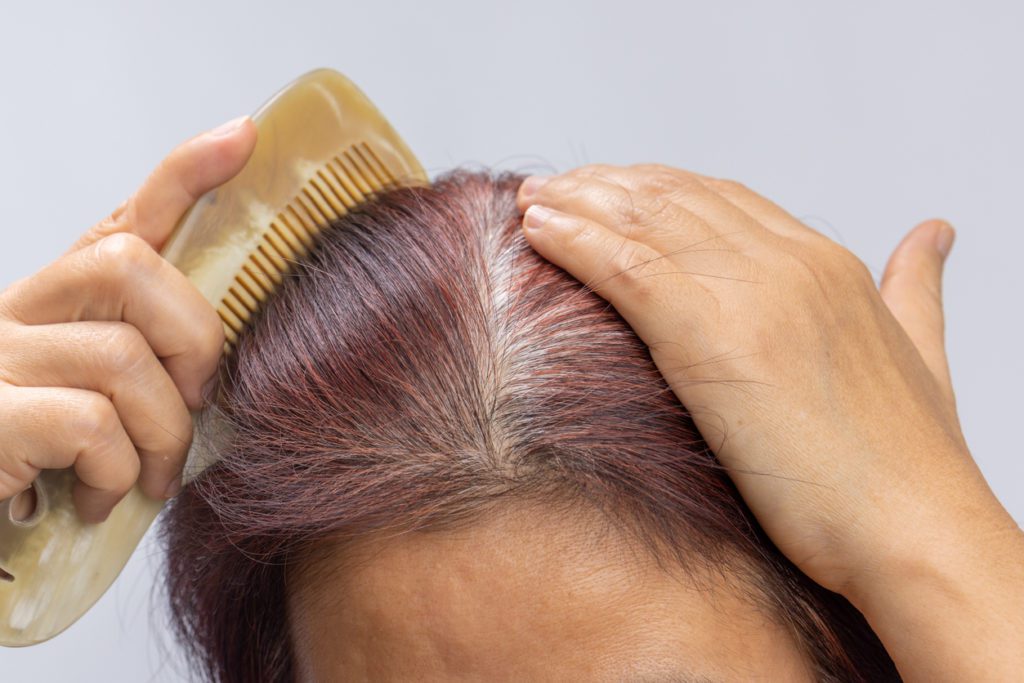Menopause is a significant change that women in their late 40s and early 50s go through. The word itself means the “pause” of your “menses”, the latter being another term for period, signifying the end of a woman’s fertility.

Of course, each woman will experience the change differently, with a lucky few avoiding any symptoms at all and others experiencing a long list of both physical and mental side effects. So today, we’re looking into seven ways menopause can affect your body by exploring the physical and mental side effects of the hormonal change.
As a well-respected, state-of-the-art cosmetic clinic, we have helped many women with their symptoms of menopause and are fully equipped to assist those who need us to feel more confident in their skin as they age. Let’s find out more about some of the most common ways menopause affects your body and how our clinicians can help.
1. Hot Flushes
Hot flushes are one of the most common physical symptoms of menopause and something that most women undergoing this hormonal change will experience. They are sudden feelings of heat across the face, neck, and chest and are, unfortunately, a symptom that lingers and can last several years before easing off. Learning how best to cope with them early on is the best way to manage them and ensure hot flushes don’t interrupt your daily life too much. Here are a few tips for dealing with hot flushes:
- Drink plenty of cold water, especially before bed, if you experience night sweats.
- Carry a portable fan for on the move.
- Try and maintain a healthy weight.

2. Acne Flare-Ups
Whilst you may have thought your days of dealing with acne were long-gone, many women suffer from flare-ups when going through menopause. The effects of acne can affect patients both physically and emotionally, so you must take action as soon as you notice the early signs of acne, which are often skin irritation, small red or white bumps on the skin, and excessively oily skin. Here at Aesthetic Skin Clinic, we offer professional skin treatments at our cosmetic skin clinics to assist you in managing acne, such as dermatologist-approved skincare products, so please visit our clinics or contact us if you need help managing this symptom.
3. Bloating and Weight Gain
The weight gain is caused by the hormonal changes to the body, but also the natural ageing process. When we age, our muscle mass decreases, and so do our metabolism, meaning stubborn fat sticks around for much longer than it used to in our younger years. You can diet and exercise more than usual, but sometimes tackling stubborn fat and removing it for good means resorting to fat loss treatments. We offer many different treatments to assist menopausal women in gaining back their confidence and feeling better in their bodies, such as fat freezing and liposuction, for example.
4. Mood Swings and Low Mental Health
Any hormonal change will impact your mental health and, more often than not, cause mood swings. Think back to when you went through puberty, and menopause isn’t much different. Although you may be able to control and manage your emotions better than when you were a teenager, dealing with low mood never gets easier. If you’re struggling, we urge you to contact your GP and ask for professional advice. Whether this is medication to help ease symptoms, counselling sessions to learn better coping mechanisms or exercises and activities you can try to get into healthier habits for your brain; you’re sure to find something that works for you.

5. Dry Skin
While some women will experience acne and excess oil on their skin, others will experience the opposite and have to deal with dry skin. During menopause, as part of the hormonal changes, your oestrogen levels decrease, which leads to a lack of hydration in the skin. It’s important that you continue drinking plenty of water, using an appropriate moisturiser, and avoiding using water that is too hot when washing.
If you continue to struggle with dry skin, we can help. Our team of experienced and results-driven dermatologists can set you up with a skincare routine using our fantastic range of skincare products that are sure to help when implemented alongside professional treatments.
6. Hair Loss and Thinning
As mentioned, drops in oestrogen levels can lead to dry skin, but they can also lead to a decrease in hair growth, meaning your hair may thin and fall out over time. While this may affect your confidence levels, there are many things you can do to help if it becomes a bigger issue that starts affecting your daily life. Vitamins for hair growth are available from most drugstores, as well as thickening hair products such as shampoos and serums. Of course, your GP can recommend medication and other treatments if you find over-the-counter products don’t help. Here at ASC, we are able to offer a Bio-Regenerative Scalp Treatment with Platelet Rich Plasma (PRP) which is aimed at stimulating and strengthening existing hair follicles.

7. Breast Tenderness
This symptom usually occurs during the early stages of menopause, and once your oestrogen levels have balanced out, it eases off. However, despite the short-lived symptom, it can be incredibly uncomfortable for most women, and often pain relief, such as paracetamol and ibuprofen, does very little. Ease symptoms by wearing a supportive bra, using a heat pad when possible, and taking warm baths. Additionally, studies have shown that caffeine can increase breast tenderness, so consider cutting down on coffee and tea if the problem persists.
Of course, as aforementioned, book an appointment with your GP if you’re struggling and ask for professional advice on dealing with the effects of menopause on your body. In addition, we are also here to help when it comes to weight management, dry skin, acne flare-ups, and any other skin-related issues. If you would like to learn more about our treatments or book an appointment, please don’t hesitate to get in touch.








